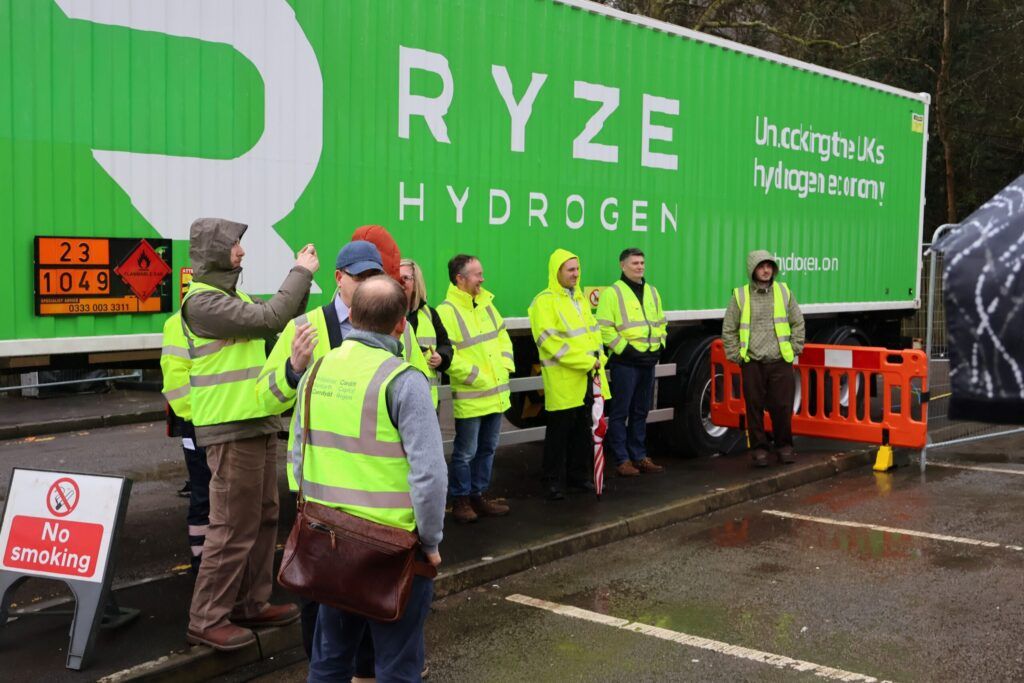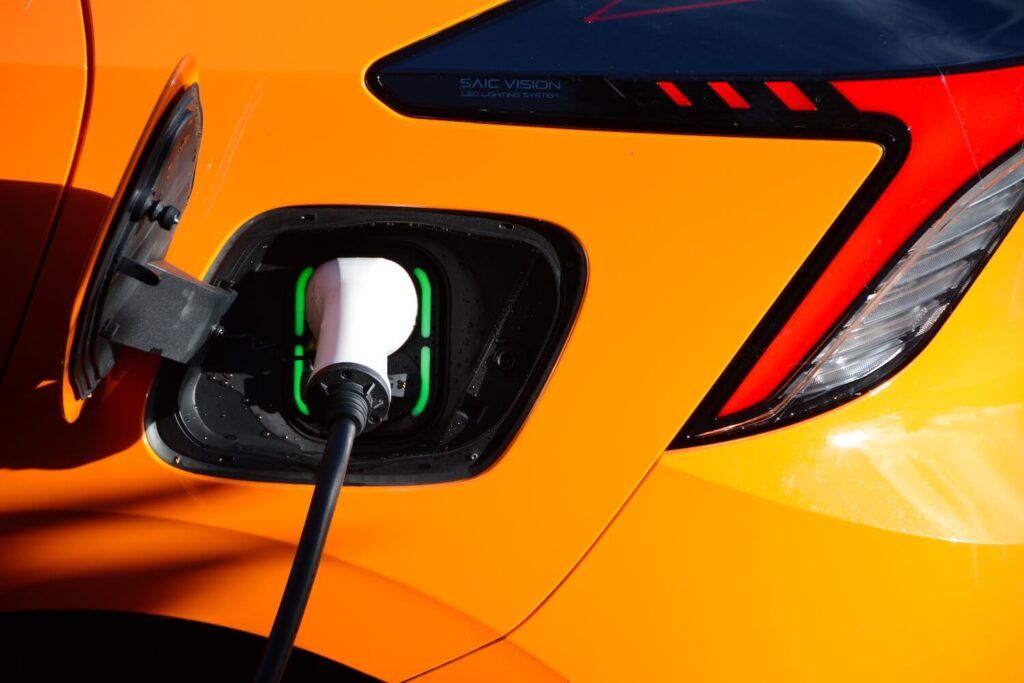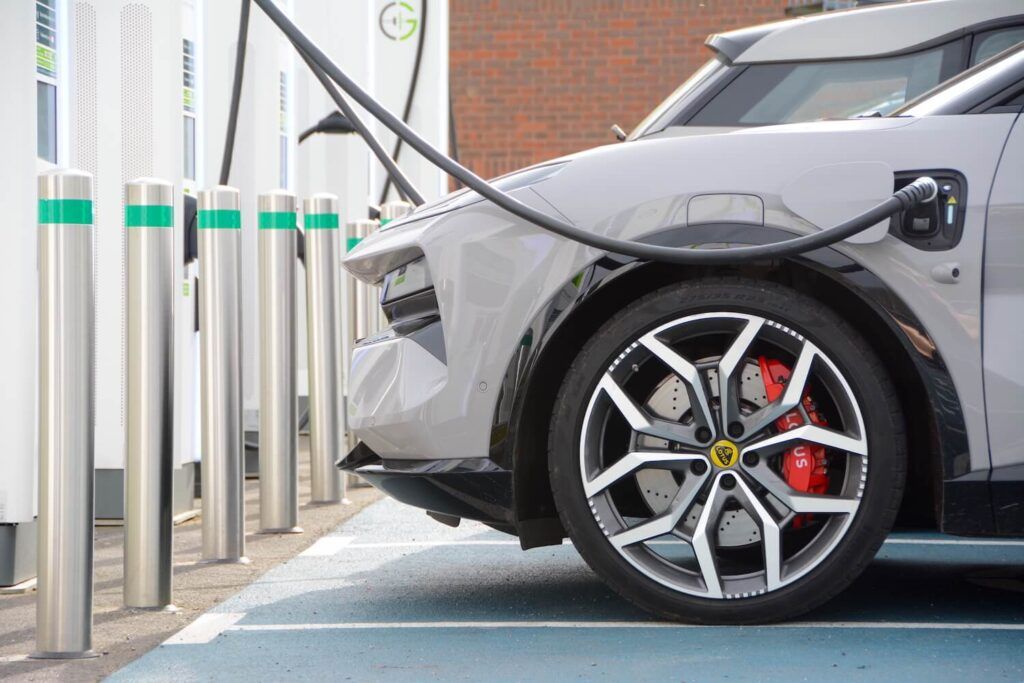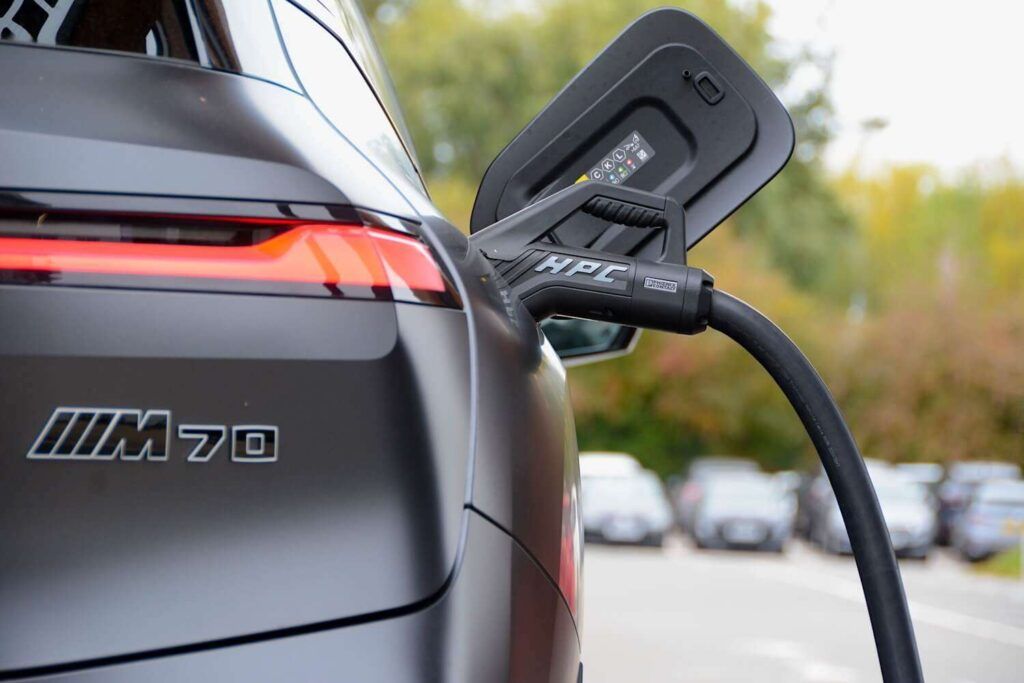The opportunity from investing in the transition to battery electric vehicles (BEV) could add £16.1 billion to Gross Value Added (GVA) by 2035, according to a new report.
The study, commissioned by the Energy and Climate Intelligence Unit (ECIU) with analysis provided by CBI Economics, reveals a GVA difference between a best-case and a worst-case scenario of over £50 billion, greater than the current total automotive sector contributions.
It states that the UK economy could rise by 35% (or £16.1bn) by 2035 but equally it could reduce by 73% or £34.1bn, depending on the speed of the transition to the manufacturer of BEVs.
At present, the UK automotive sector currently contributes £46.8bn in GVA and supports more than half an million jobs. CBI Economics forecast the size of the sector, and the BEV sub-sector over the next decade, into four different scenarios from a best to worst case scenario. It found that not only does GVA vary significantly, but employment as well, with potentially 404,000 fewer jobs by 2035 in the least optimistic case.
Essentially, without a fast BEV transition, the UK automotive sector could lose three-quarters of its entire workforce.
But, more postively, under a scenarios of BEV growth of 878% across the next decade, there would be a 745% increase in GVA attributed to BEV production and the protection of hundreds of thousands of jobs. The report also highlighted that global competition was set to intensify in the BEV market, and expanding it would be “vital for both supporting domestic demand and for export demand” as historically the majority of UK made vehicles are exported.
Louise Hellem, Chief Economist at the CBI, said:
“The UK’s automotive sector is a vital pillar of the UK economy. The shift to electric vehicles presents an opportunity for the sector in harnessing its ingenuity and innovation in an evolving global market; but, like in every country, the transition also presents challenges.
“The UK is competing in a global market for battery electric vehicles (BEVs), leveraging its rich automotive heritage, robust R&D capabilities, and high-skill manufacturing. The UK ranks third globally for research quality in industrial batteries, and its automotive manufacturing sector and battery start-up ecosystem are the second highest in Europe and fourth worldwide by value.
“Significant recent investments by major industry players in electric vehicle production and its supply chain in the UK highlight the sector’s potential. However, scaling the UK’s BEV supply will hinge on future demand, creating a conducive environment for investment, and maintaining a favourable trade environment, especially since nearly 80% of UK vehicle production is exported.
“Our analysis highlights the necessity for a proactive, ambitious strategy to support the sector’s evolution. In this transformative period, it is essential for government and industry to collaborate, ensuring the UK remains competitive globally while building on its rich automotive legacy.”
Colin Walker, Head of Transport at the Energy and Climate Intelligence Unit (ECIU), said:
“Global competition for the investment that will build the factories that manufacture EVs is intense. If the UK attempts to stand still on the transition, it risks repeating the mistakes of the 70s and 80s, leading to a crash in economic output and jobs lost.
“The UK’s car industry has huge strengths and there is enthusiasm to modernise, but Government will need to create the right conditions with incentives and investments to ensure the UK is at the front of the queue to leverage private capital and make the transition to building the electric cars of the future.
“A huge number of jobs and income will be lost if the UK underinvests, clings to dying technologies, and continues to build cars that our major export markets are moving away from.”
Image of report courtesy of ECIU/CBI Economics












